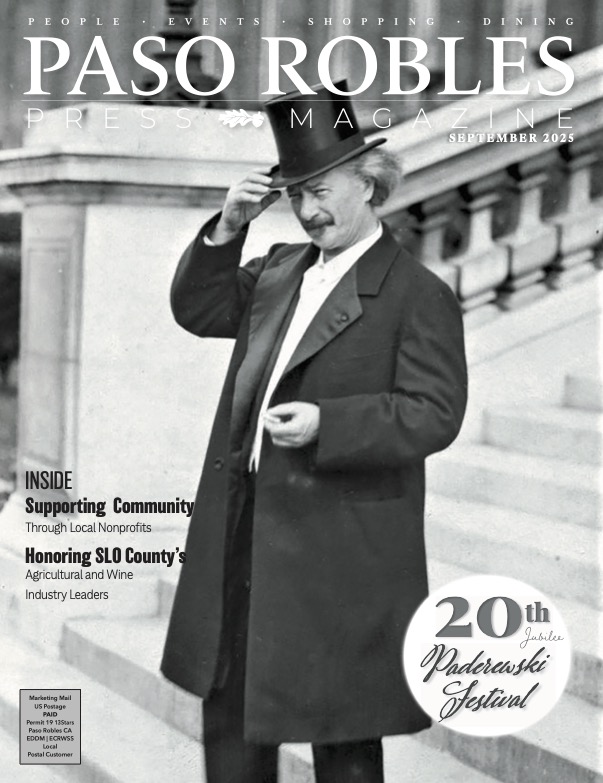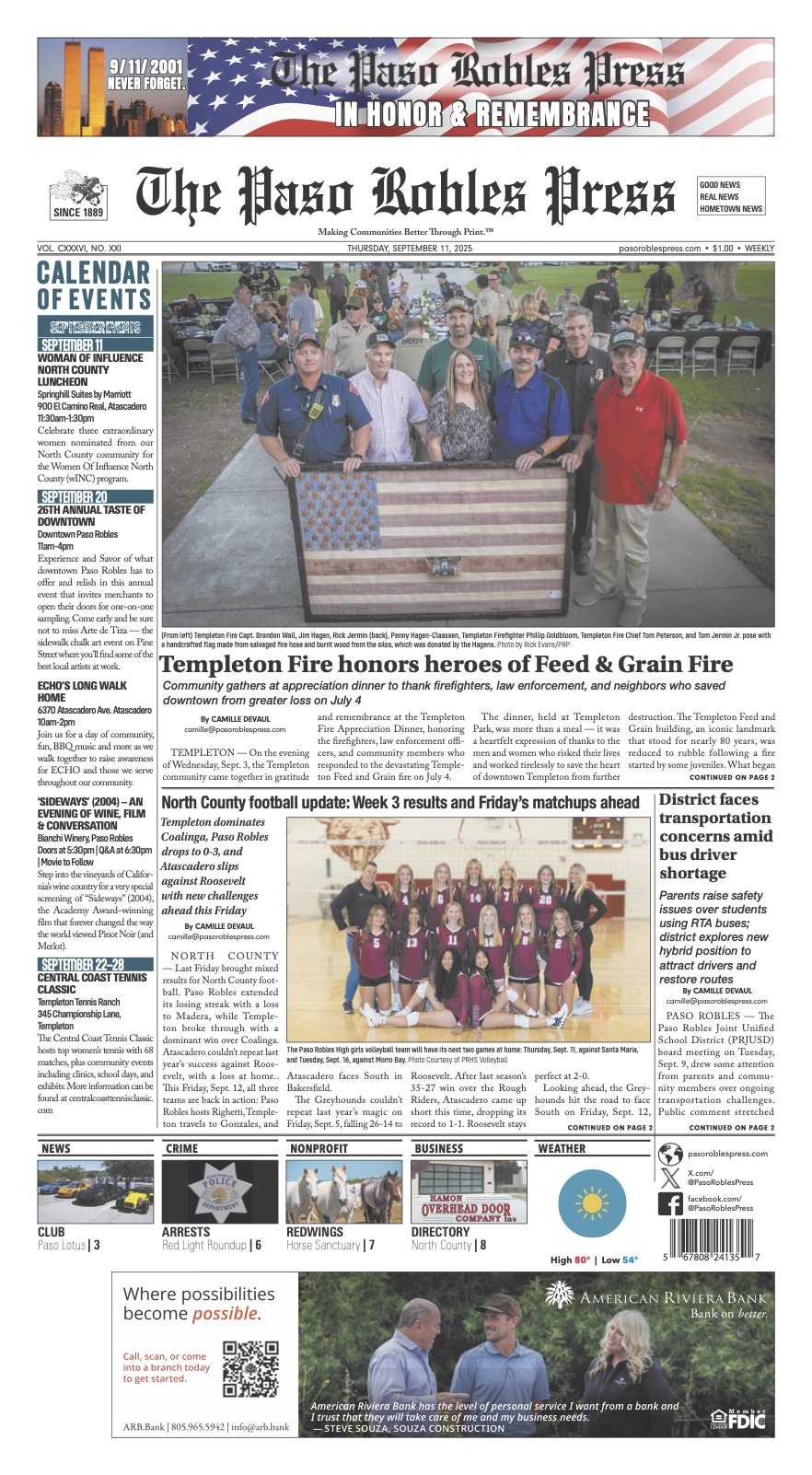I went to Australia to get an education in foreign relations, and I did. But it wasn’t at the schoolhouse… it was at the race track.
Horse racing is very popular in “The Land Down Under,” and most every small Aussie town has their very own race track, and our town was no exception. One weekend I made the very large mistake of attending the Armidale Jockey Club for a day at the races. Now, you must understand that Aussie horse racing is a little different than what you might be used to.
Not only do the horses run around the track in the opposite direction, but the betting seems to be a little backwards also. As far as I could tell, all that was needed to be a bookie was a signboard to post your odds and a box to stand on. The odds on each horse were usually different with each bookie. If things were getting slow, the traveling bookies would just change their odds.
The racehorses belong to the local grazers or sheepherders. They are often ridden by a son or a daughter, and in one race, an 8-year-old stud might be racing against a 4-year-old mare. As if that wasn’t incentive enough for the horses, the purse was often as high as $100. But despite these unbelievable payouts, there were times when none of the horses would show up for a particular race. In fact, it happened on my very first race at the local track. But that did not deter the race fans who had already placed their bets. The race went off as scheduled without the ponies. The gun went off, the crowd urged on their favorites, and the winners were posted. Then everybody tore up their tickets and got in line to place a bet for the next race.
I became quite a student of betting strategies. My favorite strategy belonged to a 250-pound sheep shearer who had arms the size of tree trunks. He would walk up to a bookie standing on a box, look down on him and say, “I want to bet a ‘fiver’ on the winner in the next race.” I was standing next in line, and that seemed a good strategy to me, so I said the same thing. “Put a fiver on the winner for me, too.” I never could figure out why he won his bet and I lost.
Hard data was a little hard to come by on the racehorses. There were little books for sale that told you such things as which farmer owned the horse, what color he was and how old the horse was thought to be. It also made a guess at which jockey would be riding that day. There were usually only five professional jockeys in town and they rode in every race. In between races, they would congregate in a huge tent with the rest of us sportsmen and drink beer. Large amounts of beer. Aussie beer is quite good but nobody told this Yank that it was twice as strong as ours. I found the tent to be my best source of inside information. All you had to do was buy the jockeys beer and they’d give you all kinds of tips, right or wrong, true or not.
After betting on six straight losers, I was pretty tipsy. But then lady luck dealt me a good hand. I bet a fiver on The Guyra Ghost in the Maiden Handicap of 1,200 meters. Three drunk jockeys fell off their mounts in the course of the race and the Guyra Ghost took a different course altogether, shortening up her race to about 600 meters. Anyway, I won and I figured my winnings would just about pay for the beer I had invested in the drunk jockeys. But when I went to collect my winnings from the bookie, he was gone…vanished from the face of the Earth.
I discovered this is what the bookies did if they didn’t have enough money to fulfill the promises they made to pay up. They’d just lay low for a while and in about a month or two they’d be back in business and all would seem to be forgiven. It reminded me a lot of how our U.S. Congress operates.












